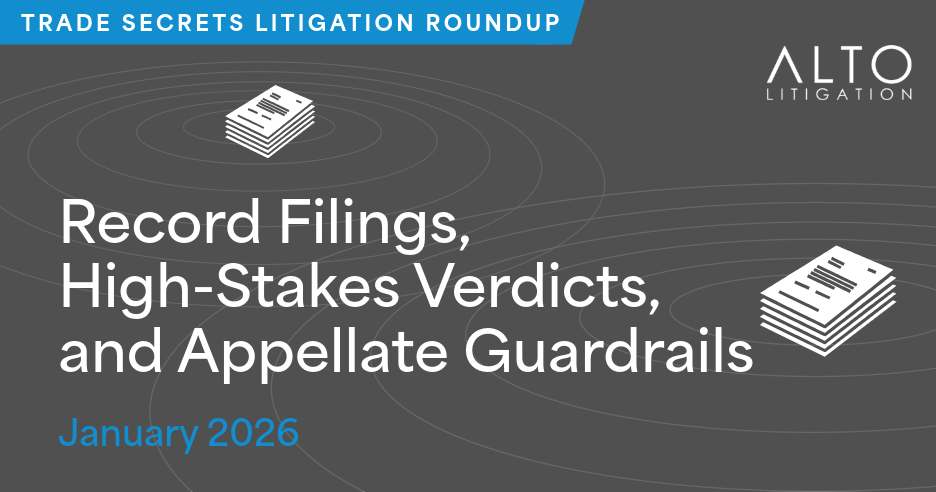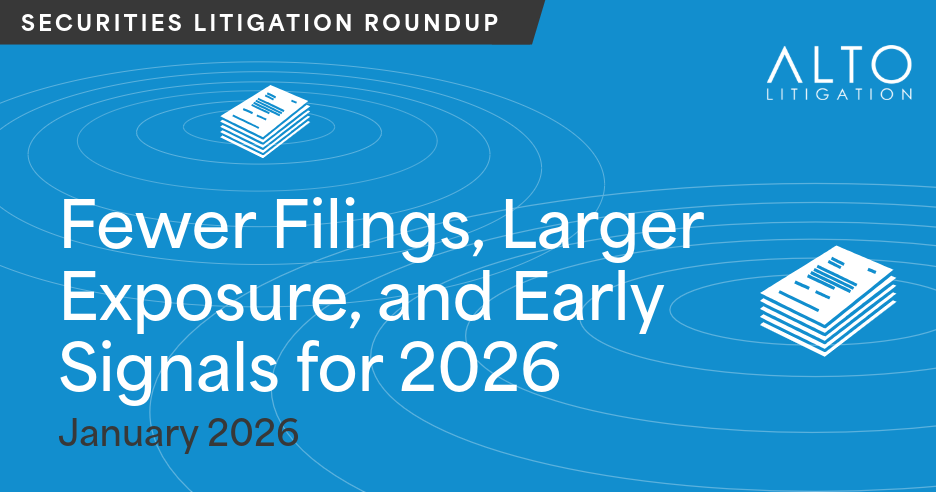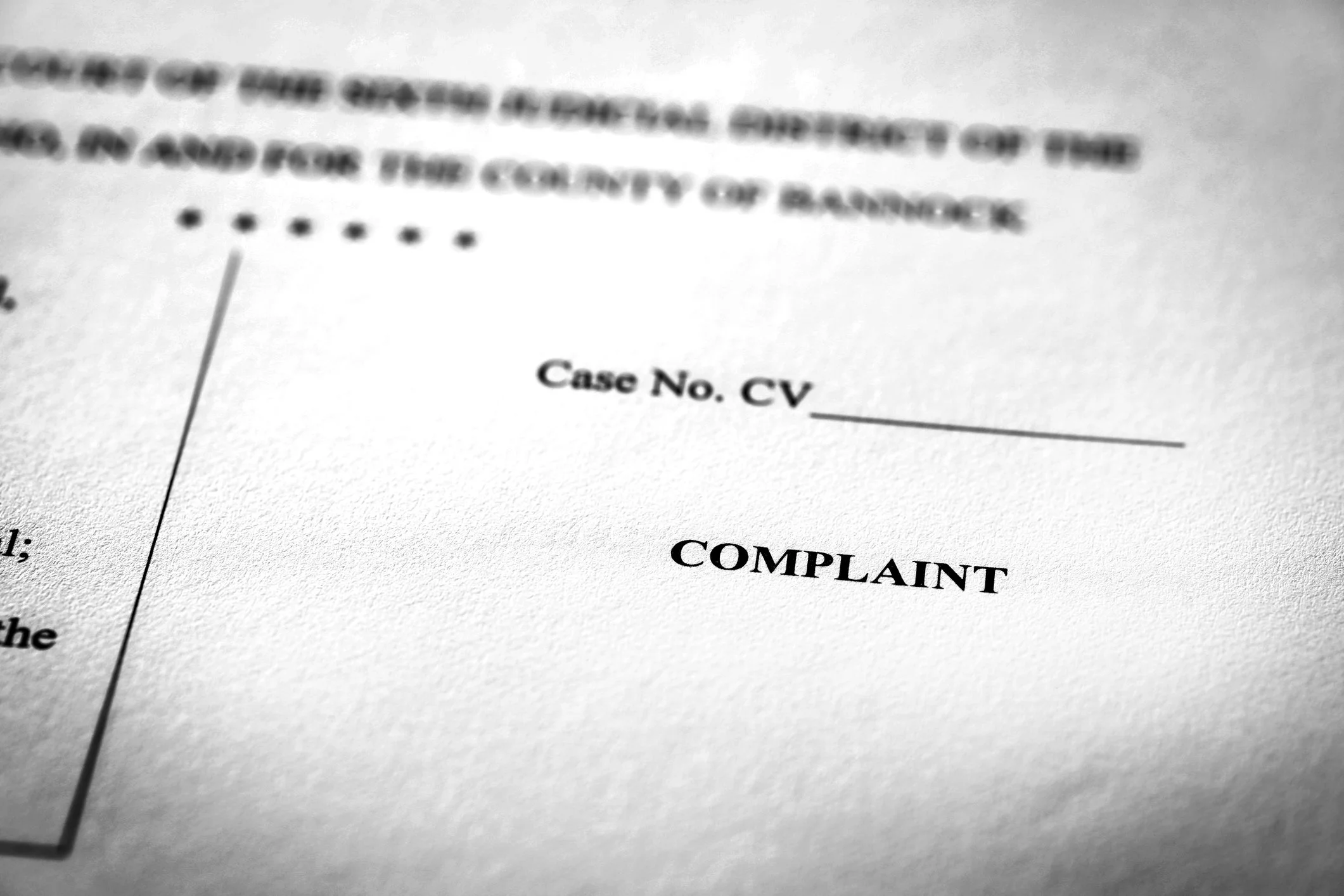Delaware law casts a long shadow in California courtrooms. So much so that California business lawyers are accustomed to the near-ubiquitous footnote observing that Delaware authority is persuasive given the close kinship between Delaware corporate statutes and their California counterparts. But that familiarity can obscure meaningful fault lines. One of the sharpest appears in the member expulsion remedies available in an LLC.
In Delaware, expulsion is not a default remedy — it exists only if the operating agreement says it does. Freedom of contract reigns, and courts will not supply a removal mechanism the parties failed to draft. California, by contrast, fills the gaps. Under RULLCA, statutory defaults provide pathways to remove a member even when the operating agreement is silent.
For litigators and transactional lawyers alike, this divergence is not academic. It can define leverage, shape strategy, and determine whether an unwanted member can be forced out at all, because most LLC Agreement do not provide an express expulsion remedy.
Delaware: Expulsion is Only a Remedy If Expressly Stated in the LLC Agreement
Although Delaware’s Limited Liability Company Act (Del. Code. Ann. tit. 6, § 18-101, et seq.) provides default rules for a number of governance issues, member expulsion is not among them. The Court of Chancery has made clear that “under Delaware law … a majority of the members (or stockholders) of a business entity, unless expressly granted such power by contract, have no right to take the property [i.e., a membership interest in the LLC] of other members (or stockholders).” Walker v. Res. Dev. Co., Ltd., L.L.C. (DE), 791 A.2d 799, 815 (Del. Ch. 2000); see also PJT Holdings, LLC v. Costanzo, 339 A.3d 1231, 1249 (Del. Ch. 2025) (“The LLC Act does not contain a default provision authorizing members to expel other members.”). This rule reflects Delaware’s policy “to give the maximum effect to the principle of freedom of contract and to the enforceability of limited liability agreements.” Del. Code Ann. tit. 6, § 18-1101(b). While Delaware’s policy gives LLC members broad flexibility in crafting their operating agreements, it also constrains those members when an issue such as member expulsion is left unaddressed in the operating agreement.
When members of a Delaware LLC attempt to oust a fellow member in the absence of a rule authorizing that remedy, the result can be harsh. In Walker, three LLC members sought to expel the fourth member when he failed to obtain financing for the business, which was the reason he was offered membership in the company. 791 A.2d at 812. Despite this failure to perform, the Court of Chancery observed that the operating agreement did not allow members to expel another member, and Delaware law did not provide a default rule. Id. at 813-15. As a result, the three members were stuck with the fourth, and the quartet were left to resolve the value of the fourth member’s interest in light of capital contributions the three other members during the purported expulsion of the fourth. Id. at 817-18.
California: Statutory Expulsion By Default
California has enacted the Revised Uniform Limited Liability Company Act (“RULLCA”). Cal. Corp. Code § 17701.01 et seq. Unlike Delaware’s Limited Liability Company Act, the RULLCA provides default rules for LLC member removal that supplement operating agreements, or apply when the operating agreement is silent on member removal.
For example, members of an LLC may unanimously vote to oust a member under the following circumstances:
It is unlawful to carry on the LLC’s activities with the person as a member;
There has been a transfer of all of the person’s interest in the LLC, other than for security purposes or pursuant to a creditor’s charging order;
The person is a corporation no longer in good standing; or
The person is an LLC or partnership that has been dissolved and whose business is being wound up.
Cal. Corp. Code § 17706.02(d).
In addition to members voting to oust another member, the LLC may apply for a court order to expel a member because the person has done any of the following:
Engaged, or is engaging, in wrongful conduct that has adversely and materially affected, or will adversely and materially affect, the limited liability company's activities.
Willfully or persistently committed, or is willfully and persistently committing, a material breach of the operating agreement or the person's fiduciary duties; or
Engaged, or is engaging, in conduct relating to the limited liability company's activities that makes it not reasonably practicable to carry on the activities with the person as a member.
Cal. Corp. Code 17706.02(e).
Case law on judicial expulsion of LLC members is thin, but a U.S. magistrate judge in the Southern District of California applying California’s RULLCA recommended expulsion of a member who used the LLC’s marks, customers, and contacts for a competing purpose, which constituted wrongful conduct and made it not reasonably practicable for the LLC to carry out activities with the wrongdoer as a member. Left Coast Wrestling, LLC v. Dearborn Int’l LLC, No. 3:17-CV-00466-LAB-NLS, 2018 WL 2328471 (S.D. Cal. May 23, 2018). The district court subsequently adopted the magistrate judge’s report and recommendation. Id., 2018 WL 3032585 (S.D. Cal. June 19, 2018).
Conclusion
Litigators representing clients on either side of a potential LLC member expulsion must first look to the operating agreement for applicable bases and procedures for LLC member expulsion. In the absence of rules in the operating agreement, potential outcomes will vary depending on which state’s law applies. Although California’s RULLCA provides options for members or an LLC to remove a member even in the absence of provision in the operating agreement, no such alternatives exist under Delaware law. These differences will have a material impact on case strategy and available remedies.
For more information regarding Alto Litigation’s litigation practice, please contact one of Alto Litigation’s partners: Bahram Seyedin-Noor, Bryan Ketroser, Joshua Korr, or Kevin O’Brien.
****
Disclaimer: Materials on this website are for informational purposes only and do not constitute legal advice. Transmission of materials and information on this website is not intended to create, and their receipt does not constitute, an attorney-client relationship. Although you may send us email or call us, we cannot represent you until we have determined that doing so will not create a conflict of interests. Accordingly, if you choose to communicate with us in connection with a matter in which we do not already represent you, you should not send us confidential or sensitive information, because such communication will not be treated as privileged or confidential. We can only serve as your attorney if both you and we agree, in writing, that we will do so.
The materials on this website are not intended to constitute advertising or solicitation. However, portions of this website may be considered attorney advertising in some states.
Unless otherwise specified, the attorneys listed on this website are admitted to practice in the State of California.




















